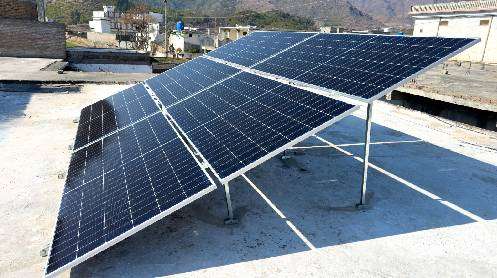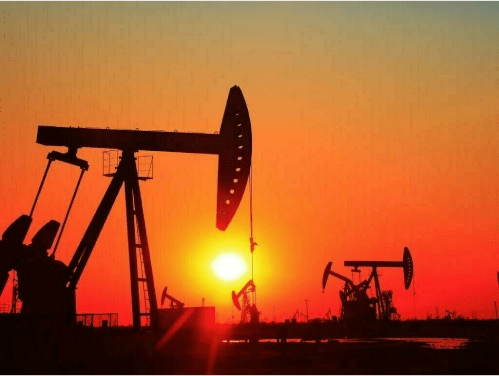The energy transition, net-zero pledges, and increased investor pressure on oil and gas companies to slash emissions have given rise to the latest trend in energy markets—the arrival of the ‘carbon neutral’ oil barrel and the ‘carbon neutral’ liquefied natural gas (LNG) cargo.
Oil and gas firms have started to offer those so-called carbon neutral oil and gas shipments. And buyers are lapping them up as they themselves are also pressured by investors and their own carbon reduction pledges to procure lower-emission energy supply.
Energy firms offering carbon-neutral LNG or oil cargoes say that until carbon capture and storage (CCS) or direct air capture technologies reach maturity and develop at scale, nature-based carbon offsets could be the best shot at immediate emissions reduction.
Currently, ‘carbon neutral’ oil and gas are being ‘emission-neutralized’ by carbon offsets, in which buyers and sellers pay for participation in emissions-reduction projects elsewhere (actually anywhere) in the world. In this case, ‘carbon neutral’ implies that the seller or buyer, or both, have paid to reduce emissions by investing in projects to save forests or to support a renewable energy project somewhere. As-is, ‘carbon neutral’ does not mean that the emissions generated from the production, liquefaction, and transportation of the gas have been offset during those processes with technologies such as carbon capture, for example.
The carbon offsets approach has drawn a lot of criticism from environmentalists, who say that this is just more greenwashing from an industry in terminal decline, which continues to avoid taking action to save the planet.







